When Will Your Baby Say Their First Word? A Complete Timeline of Speech Development
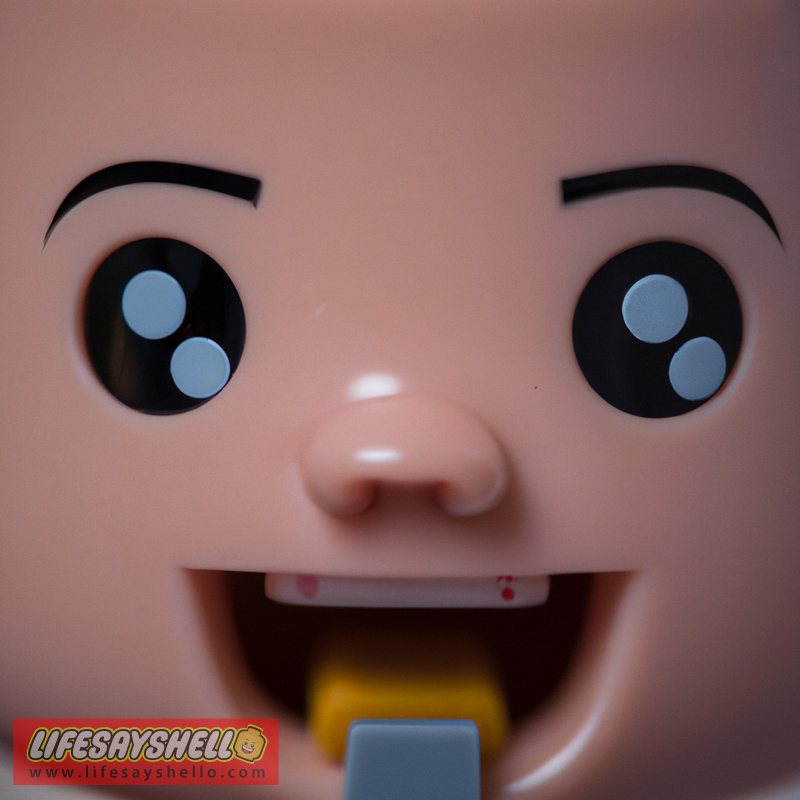
When will your baby start talking? As a parent, hearing your baby’s first word is an exciting milestone. From coos and babbles to simple words and sentences, speech development follows a timeline but the pace can vary for each child. Read on as we break down the stages and age range when babies typically hit key language milestones.
Newborn Communication - Cries and Reflexes
Right from birth, babies start communicating through cries and reflexes like rooting and sucking. A newborn’s shrill cry is their way of expressing hunger, discomfort or other needs. You’ll also see them respond to sounds by turning their head, which shows their hearing is intact. While it’s not purposeful speech, these reflexes and reactions are baby’s first forms of communication.
Coos and Smiles - 0 to 3 Months
In the first few months, babies begin cooing and making throaty sounds. Early on, cries dominate but you’ll notice two-way communication emerges through coos, smiles and mutual gazes. Your baby is absorbing the rhythm, tone and sounds of your voice. Babbling lays the foundation for real speech.
While every baby develops on their own clock, here are some milestones between 0-3 months:
- Smiles back when you smile and talk to them
- Makes gurgling sounds and coos
- Seems to recognize your voice and quiets down when you speak
Keep conversing with your little one - they are listening and soaking up language!
Babbling - 4 to 6 Months
From 4-6 months, you’ll notice baby become more vocal with strings of oohs, aahs and consonant sounds like “ba-ba”. They are playing with their voice and mimicking speech patterns. This babbling shows baby is starting to understand the meaning behind language.
Signs your 4-6 month old is entering the babbling stage:
- Babbles with inflection, as if having a conversation
- Imitates sounds or gestures you make
- Chuckles and makes sounds to get your attention
- May shout or scream loudly for interaction
Babies this age don’t comprehend many words yet but are picking up the foundations. Respond with smiles and repetition to encourage their speech practice.
First Words - 8 to 12 Months
Here’s the exciting time you’ve been waiting for! Most babies say their first word between 8 and 12 months. Early talkers could start using words as early as 6 months but the average is around the 1 year mark.
Don’t be concerned if your baby is on the later end at 13-15 months. All kids develop speech at different paces. Look for these cues your baby is ready to start using real words:
- Understands the word “no”
- Turns or looks when you call their name
- Makes lots of different sounds like “mamama” and “bababa”
- Tries to imitate words
- Uses sounds or gestures purposefully to communicate
Their first word is often “mama” or “dada” but each baby chooses their own starting word! Note when your little one first associates a sound with an object or person.
Vocabulary Burst - 12 to 18 Months
In the second year, babies expand their vocabulary rapidly. From around 15-18 months, your toddler will start stringing words together, going from “mama” to “mama bye” or “dada no”. Their comprehension rises as well. Here are some language milestones between 12-18 months:
- Uses around 5-20 words consistently
- Combines two words like “all gone” or “night night”
- Points to pictures when objects are named
- Follows simple directions like “give it to mama”
- Echoes words and noises you make
- Claims ownership with “mine”
- Names body parts when prompted
To boost their language, narrate your day using simple words. Name foods, toys and household objects as you use them. Reading books also exposes toddlers to new vocabulary.
Talk in Sentences - 18 to 24 Months
In the second half of the second year, toddler’s speech takes off. Their sentences get longer, grammar improves and vocabulary expands rapidly. Here’s what to expect with your 18-24 month old:
- Constructs 2-4 word phrases like “Daddy eat breakfast”
- Asks questions like “what’s that?”
- Uses pronouns like I, you, me
- Begins using action words, plurals and prepositions
- Follows 2-step instructions like “go get your book”
- Recognizes names of familiar people, pets and objects
- Uses around 300 words
- Often demands “do it myself!” showing independence
Your toddler is now becoming a pro communicator! Support their language growth through back-and-forth exchanges. Reply to their statements to build conversation skills.
Talking in Tandem - 24 to 36 Months
In their third year, a toddler’s speech closely resembles adult language. Vocabulary expands quickly during this period too.
Here are some milestones between 24-36 months:
- Constructs 3-5 word sentences
- Asks lots of questions, like “why?” and “where?”
- Uses future tense like “I will go outside”
- Tells short stories about their day or a picture
- Carries on conversations with self and dolls/toys
- Follows multi-step directions
- Uses around 1000 words
- Makes up silly words or songs
- May stutter or stumble on harder words
At this age, conversation helps improve their language cadence. Share your day over dinner or while reading stories. Limit screen time and talk together as you play and explore.
When to Seek Help for Speech Delay
Remember each child masters speech at their own pace. If your baby is passing other milestones but not talking by 18 months, mention it to their pediatrician. Early intervention can make a big difference if there is any speech delay.
Signs to discuss possible speech therapy or assessment:
- No words at all by 18 months
- Not combining words by 24 months
- Strangers cannot understand them by age 3
- Family history of language disorders
- Difficulty hearing
With early help, many children catch up to their peers. Support your child’s speech development by conversing, singing, reading together. Language is learned through interaction.
The Joy of Baby’s First Words
As you can see, speech emerges gradually over baby’s first 3 years. Every child masters language milestones differently. Try not to compare your baby to others. Focus on the excitement of their communication gains!
Trust your parental intuition if you’re concerned about speech delay. Otherwise, relax and enjoy your baby’s coos, babbles and first words as you build their language skills together.
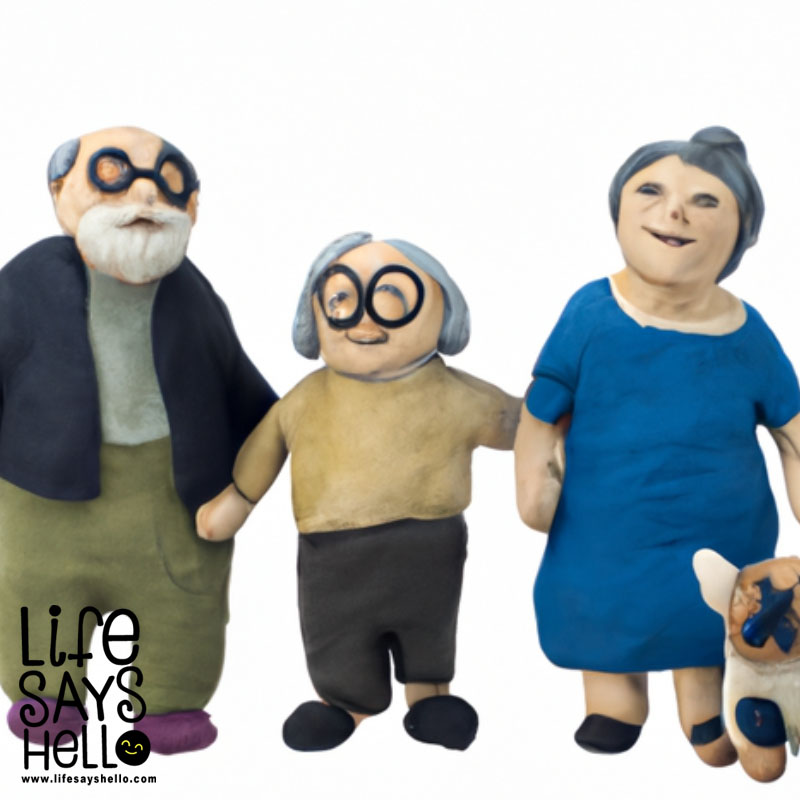
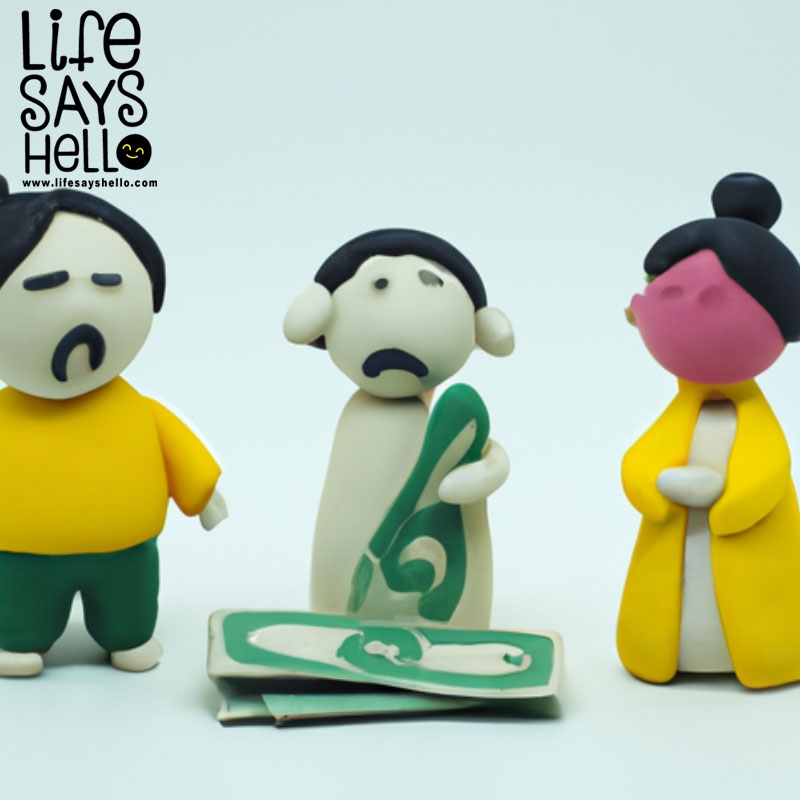
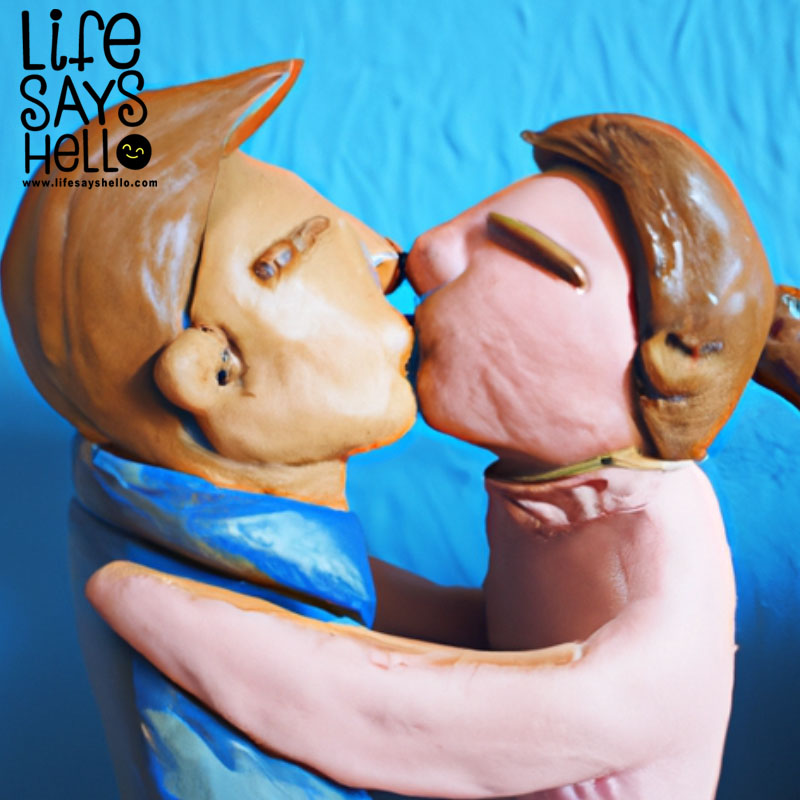
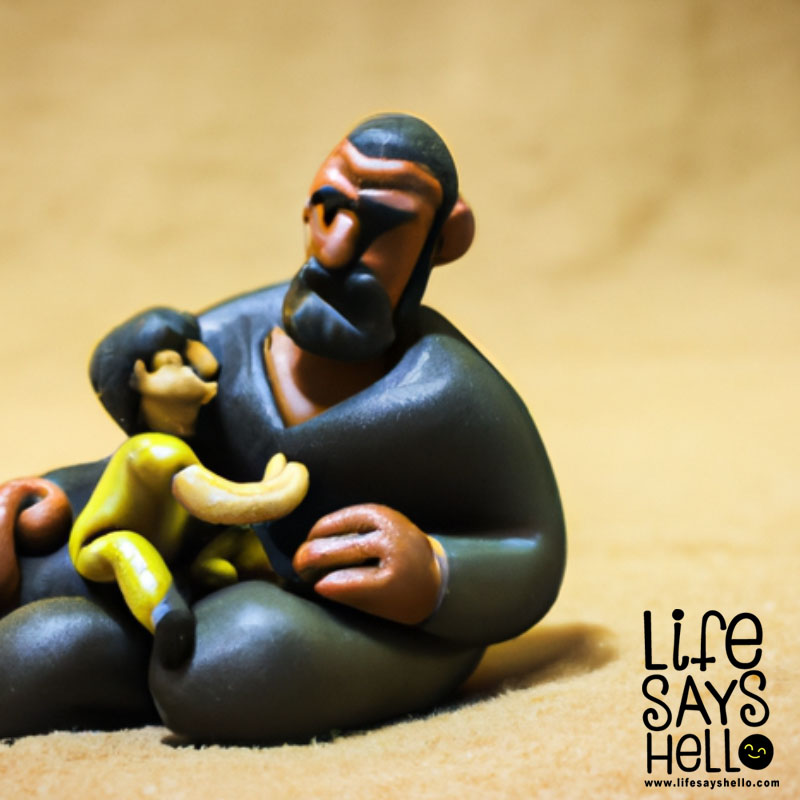
Comments